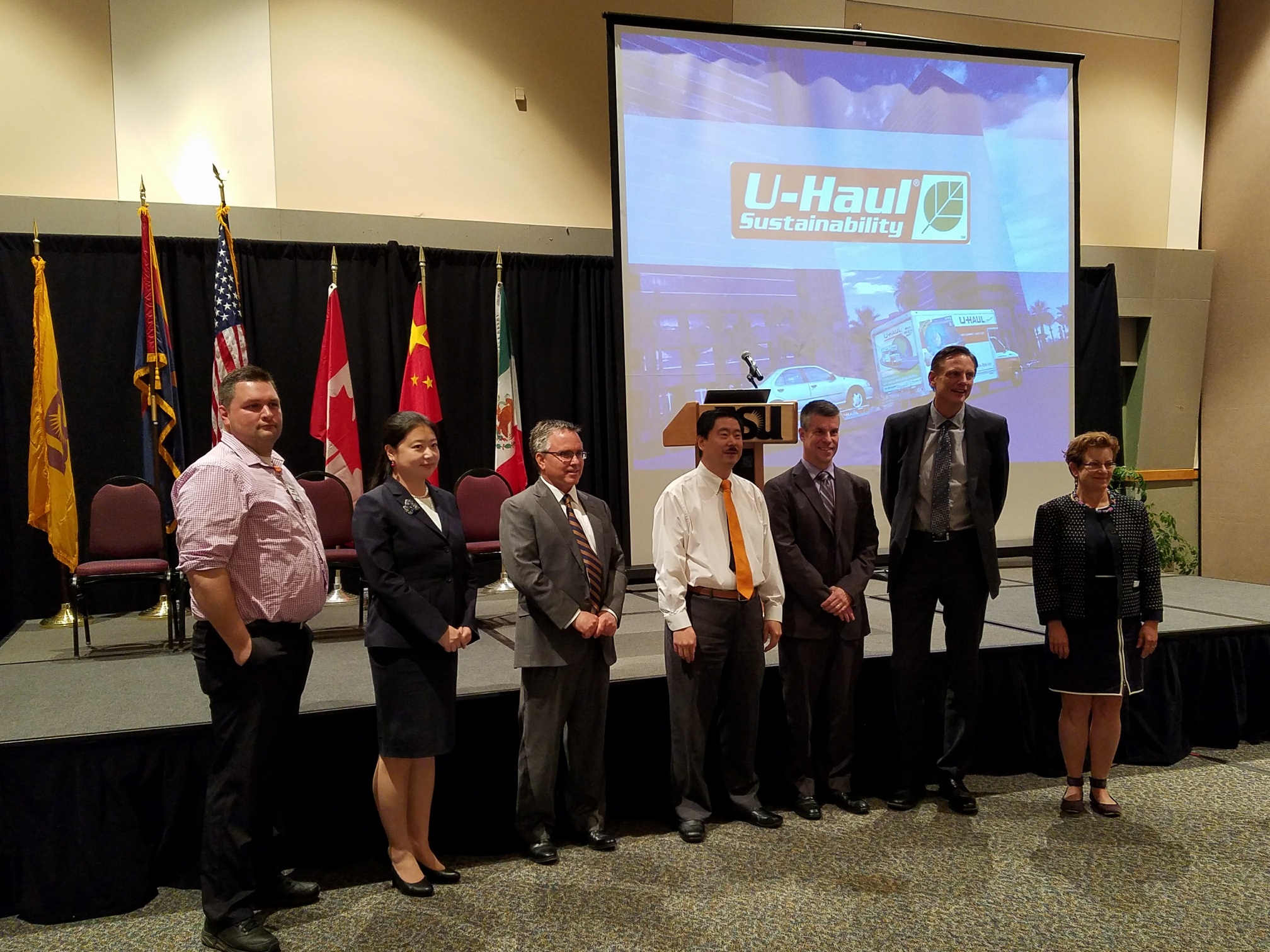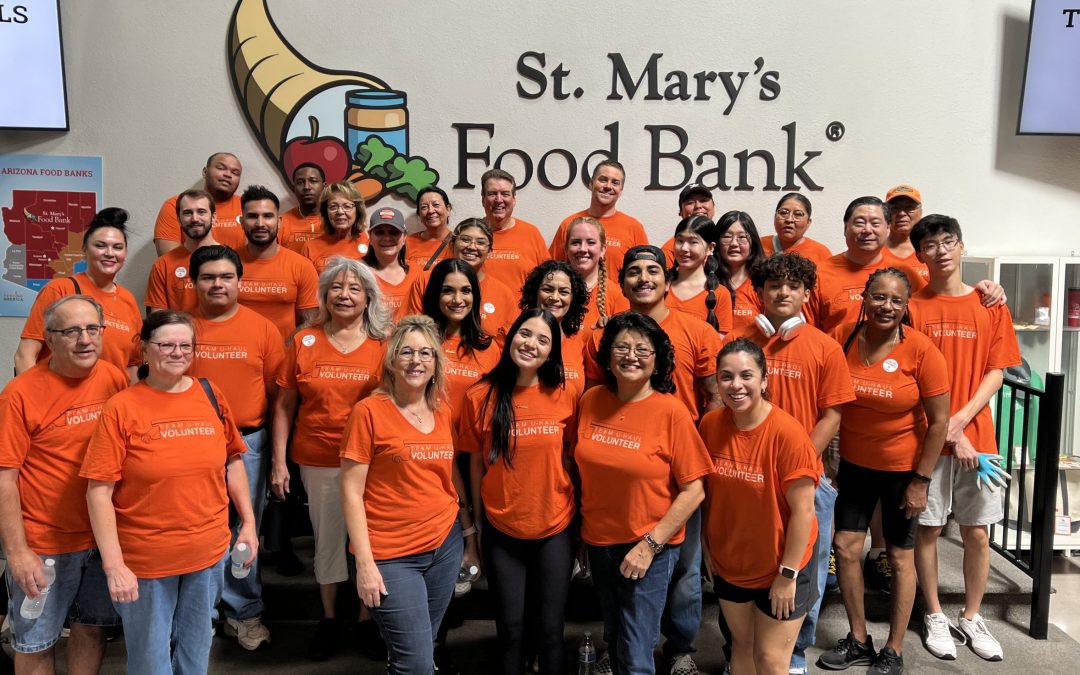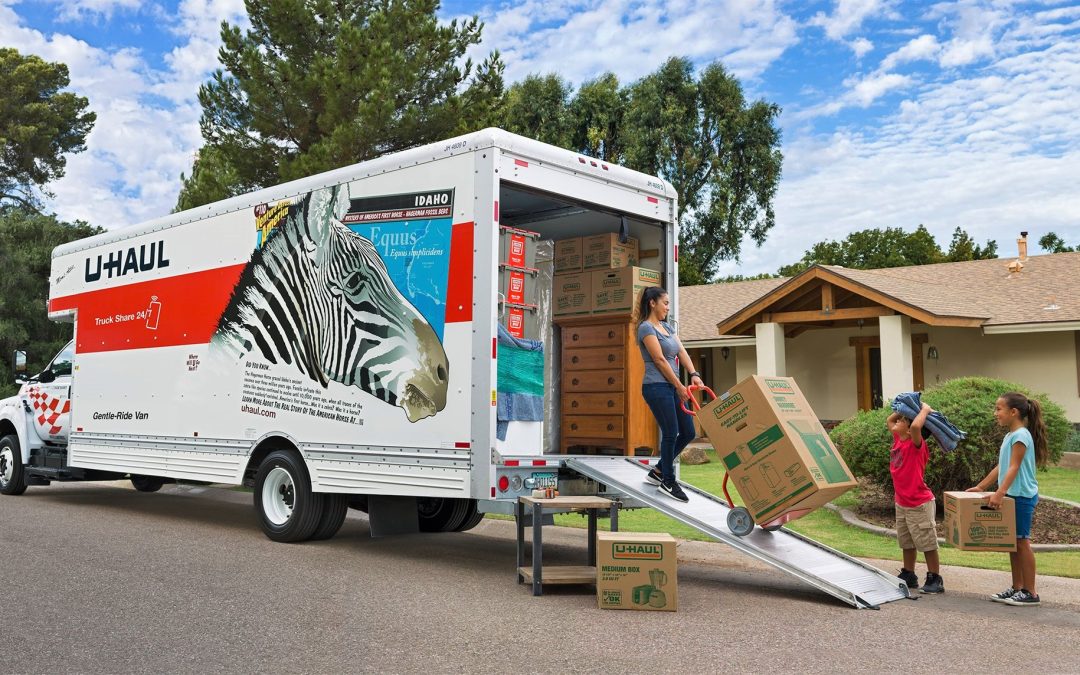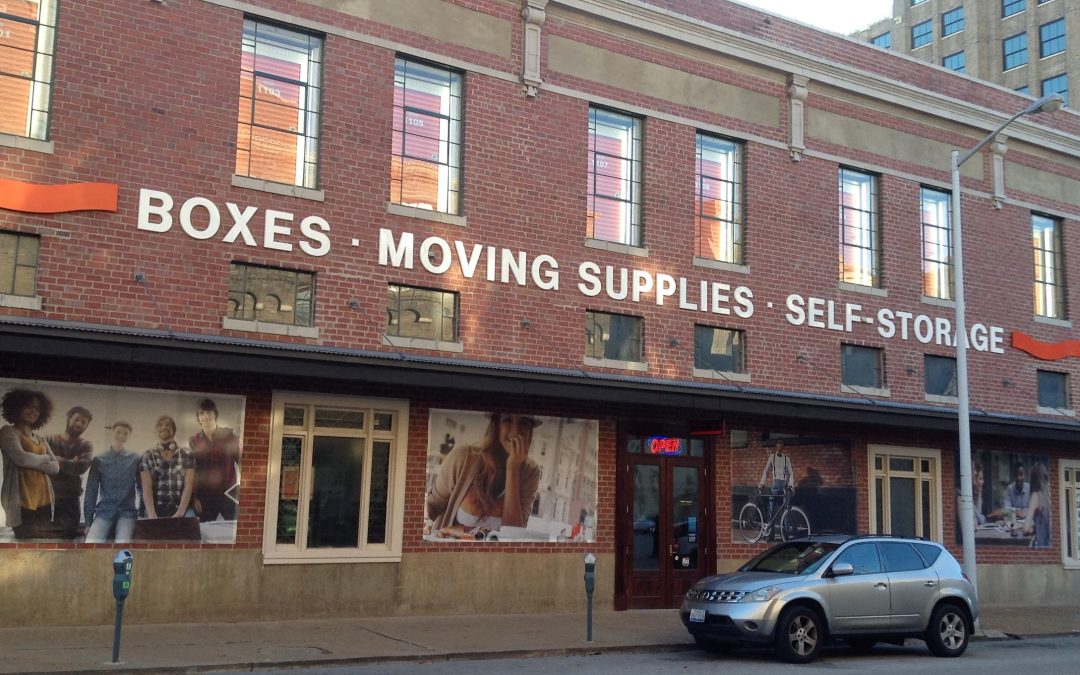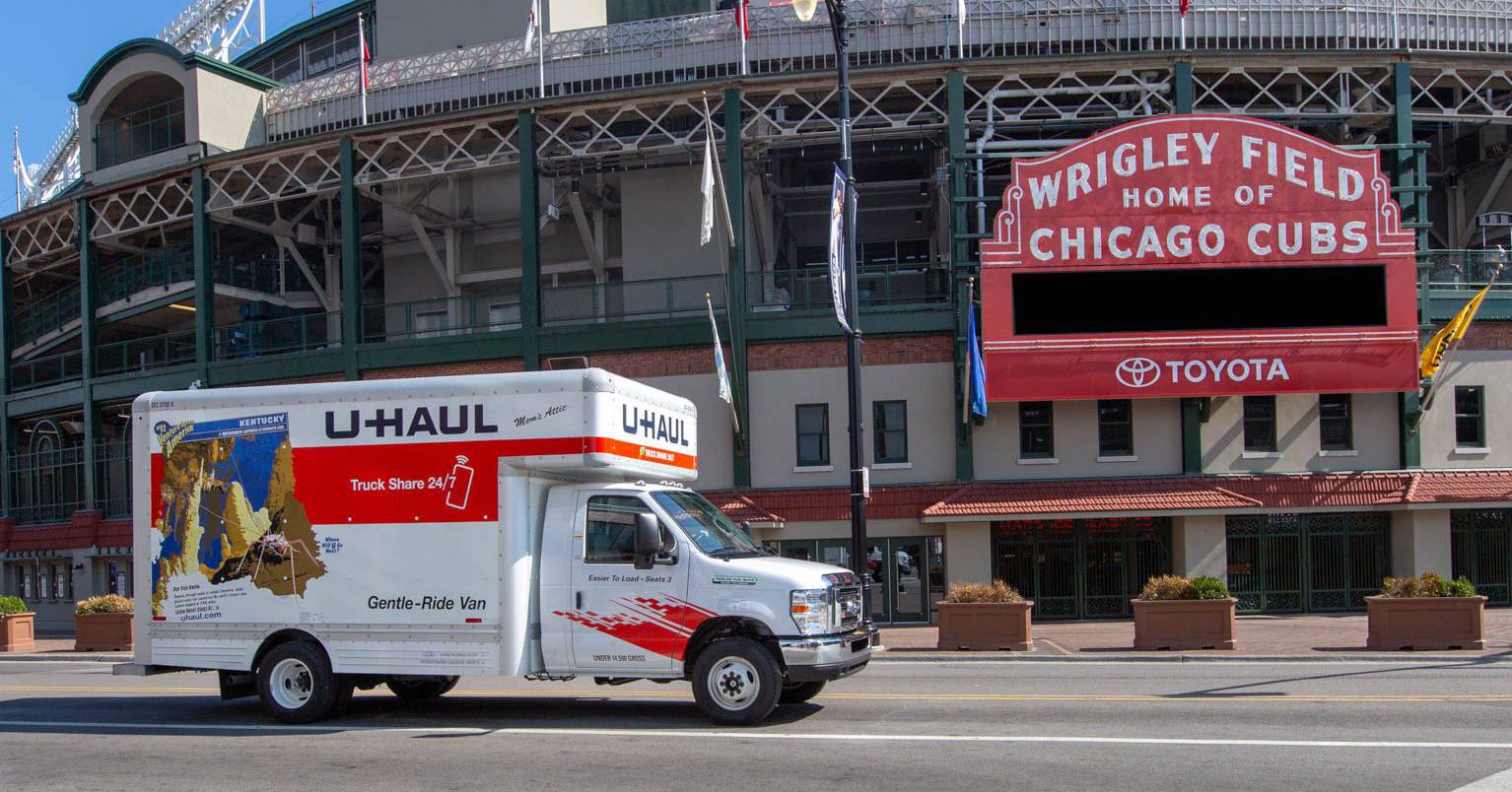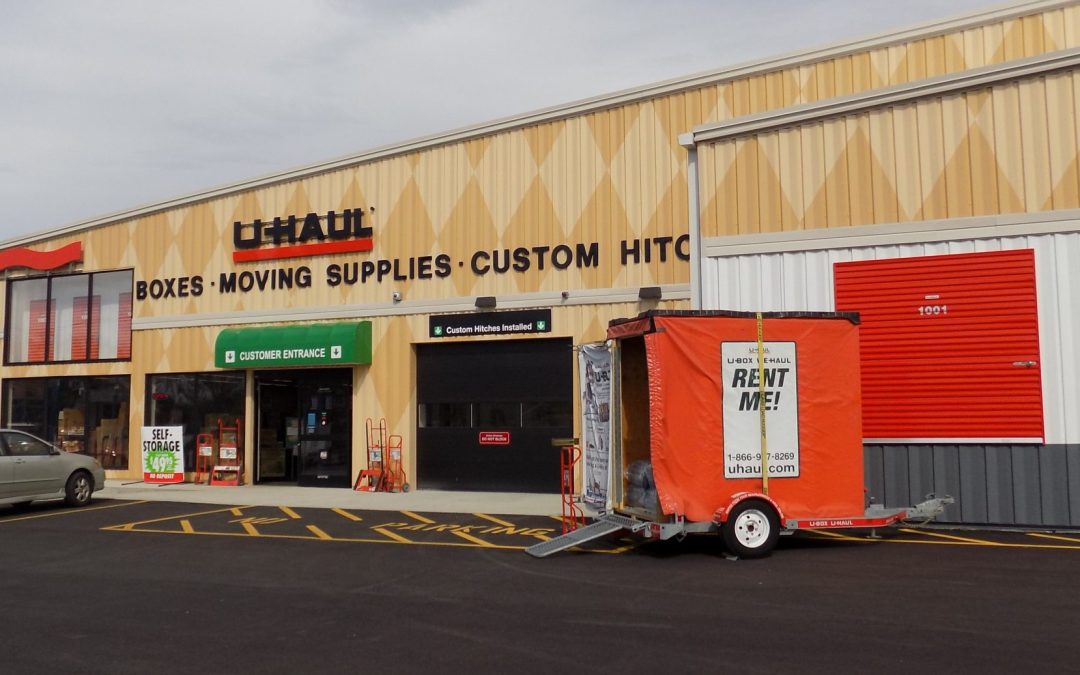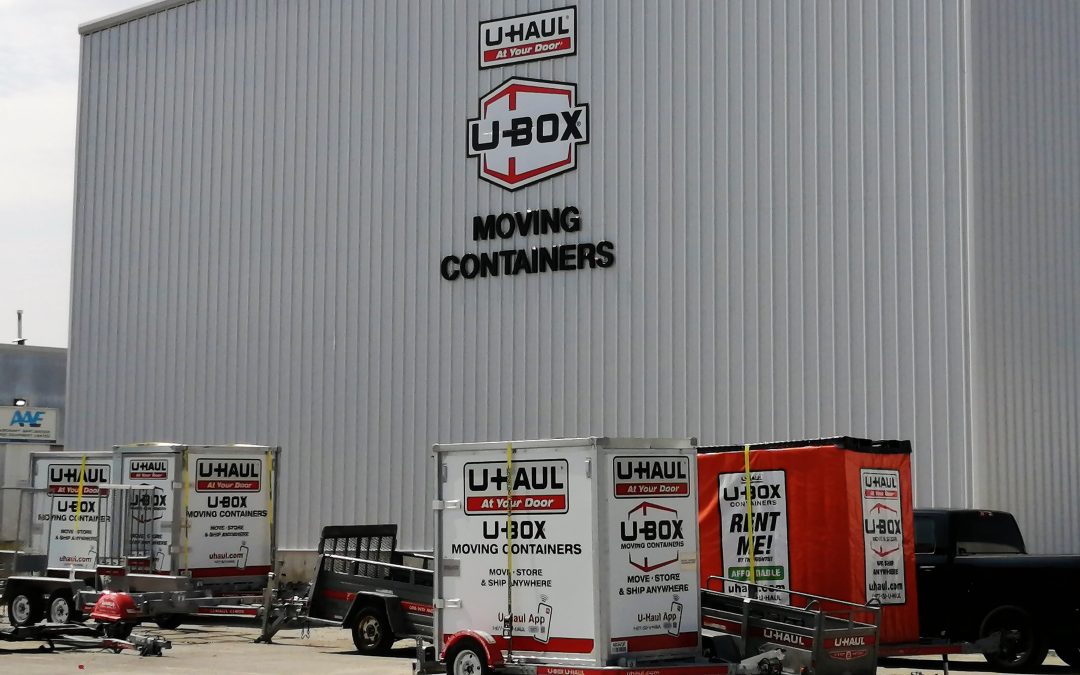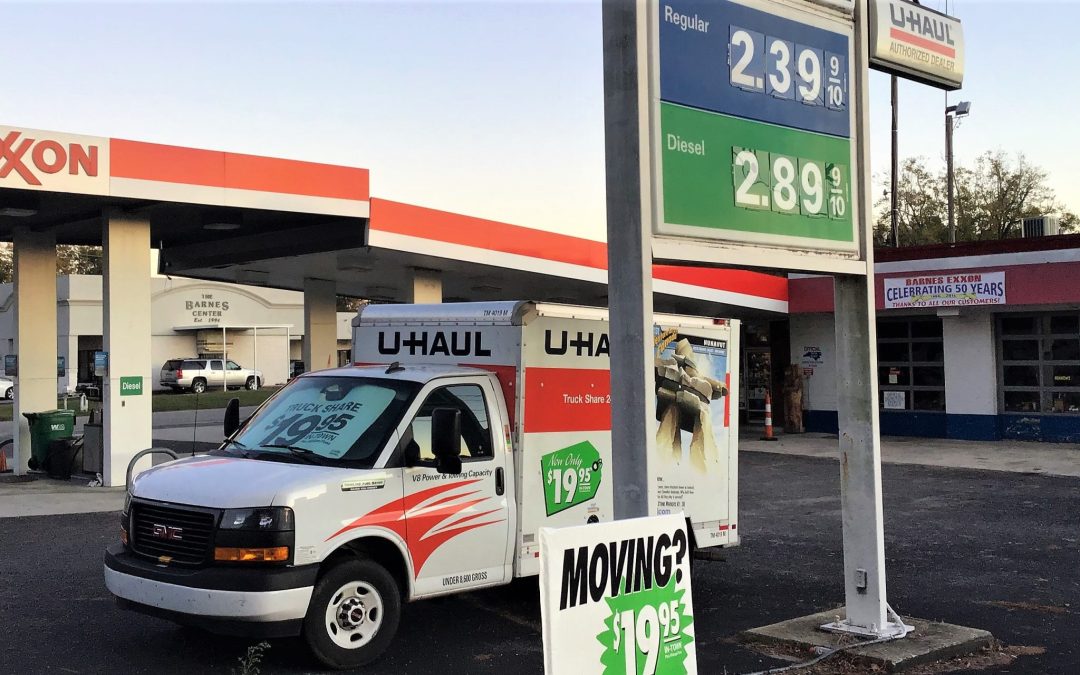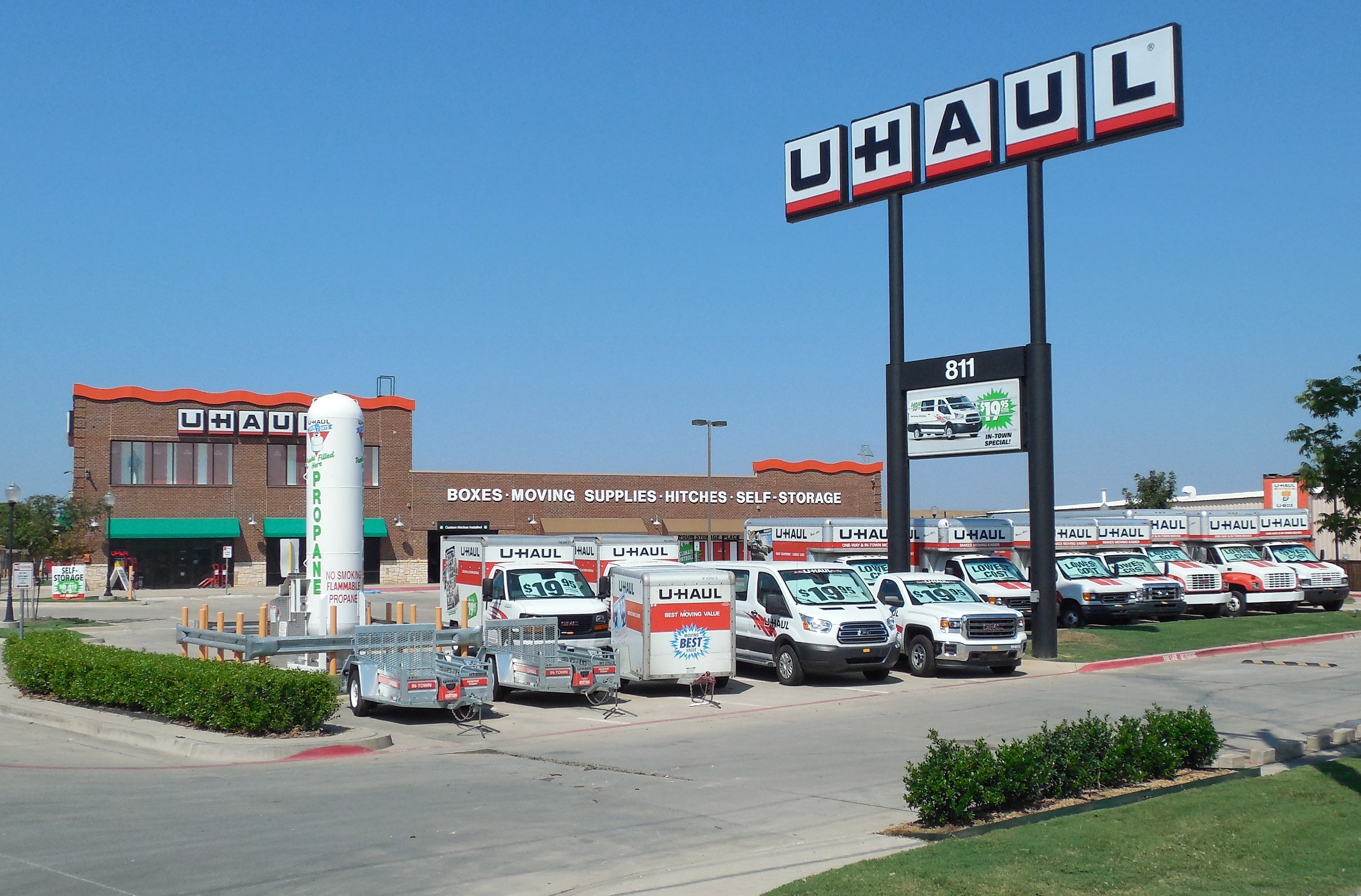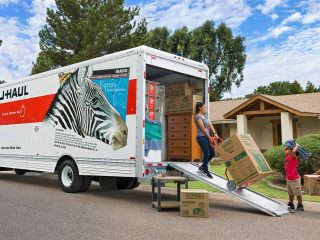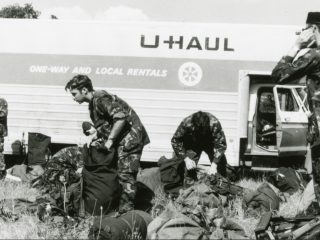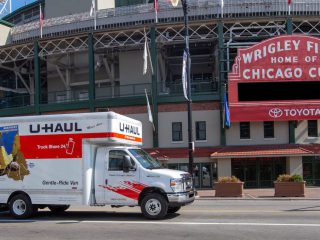PHOENIX — Forging relationships and exchanging ideas for a more sustainable future was the result of a recent symposium involving sister cities Phoenix and Calgary, U-Haul International and Arizona State University.
The May 1 educational event at the ASU West Campus La Sala Ballroom entitled “Developing Global Relationships and Sustainability: Creating a Global Network” brought together a collection of sustainability experts focused on finding common ground and sharing solutions for the issues of today – and tomorrow.
“U-Haul, even though we’re leaders in our industry, we’re not trying to think about working to solve this big issue (of sustainability) alone,” explained U-Haul Chief Sustainability Scientist Dr. Allan Yang, who serves on the Phoenix Sister Cities board. “We’re thinking about how we can collaboratively work with cities, communities, government, our business partners and NGOs (non-governmental organizations).”
Yang was part of a distinguished speaking panel along Christopher Collier, Director of Environmental and Safety Management for Calgary; Mark Hartman, Chief Sustainability Officer for Phoenix; and Patricia Reiter, Executive Director of Walton Sustainability Solution Initiatives for ASU.
Connection to Calgary
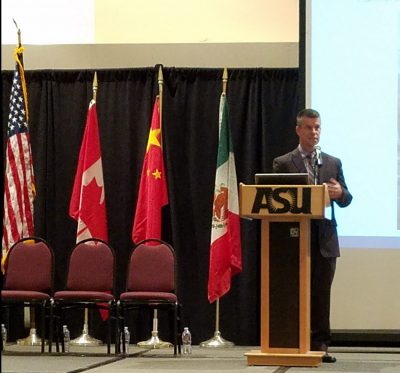
Christopher Collier, representing Calgary, speaks at the sustainability symposium
U-Haul, which is celebrating 50 years of being headquartered in Phoenix, has long served all 10 Canadian provinces and is hoping to better serve the DIY moving and self-storage customers of Calgary.
Alberta’s largest city, with 1.3 million people residing in Metro Calgary, received more U-Haul trucks than any other Canadian destination in 2014 and 2015.
“Resilience in the City of Calgary is kind of the new buzz word,” Collier stated. “I wouldn’t say it has replaced sustainability as a word. … But everyone seems to resonate with ‘resilience,’ which takes resistance out of the way.”
Collier also noted that ImagineCALGARY, a long-range urban sustainability plan developed in 2006, now has its goals hardwired into the city’s decision-making process. “It actually makes economic sense. It’s no longer options. It’s actually sought after,” Collier said.
In addition to forming a plan of resilience to counter flooding like the record-breaking waters Calgary faced in 2013, Collier says there is a citywide emphasis on more and better public transit, specifically the commuter train. This will coax more people into leaving their cars at home.
Similarities on Sustainability
The U-Haul sustainable business model follows the same thinking. Every U-Haul truck placed in a community eliminates the need for 19 personally owned large-capacity trucks and SUVs. When cities eliminate personally owned trucks and SUVs in favor of U-Haul truck sharing, it reduces carbon emissions. It also supports the city’s transportation demand management objectives.
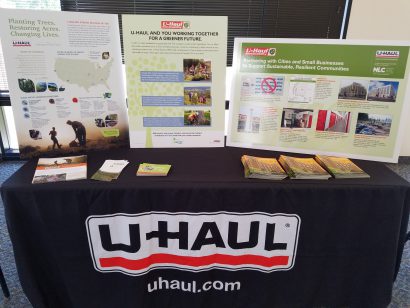
The sustainable business model of U-Haul fit right in with Calgary, Phoenix, and ASU at the sustainability symposium
Furthermore, the presence of U-Haul stores and neighborhood dealers in communities cuts back on the amount of time, travel and carbon emissions customers use to reach their destination. U-Haul selects its locations with public transit options in mind. So many customers never require the use of their personal vehicles to access U-Haul products and services.
“Our goal is to make sure customers can access U-Haul averaging less than three miles driving,” Yang said. “We encourage the cities and communities to consider us part of the infrastructure network. Most times people need a truck, they access us because of our locations so they can use public transit.
“The (DIY moving) industry right now is experiencing great transformations. We know people need to use trucks. It’s not just about the transportation. It’s about the mobility. More than 50 million people in North America move every year. The average resident in North America moves 11 times in a lifetime. More than 8 million trucks cross the border between the U.S. and Canada annually. So, generally, we believe that mobility is not something you want. It’s a need. People need mobile functions.”
For more details on the many aspects of U-Haul sustainability, from its core truck and trailer sharing model to its adaptive reuse of existing and often abandoned buildings for its new stores, visit uhaul.com/about/sustainability.


